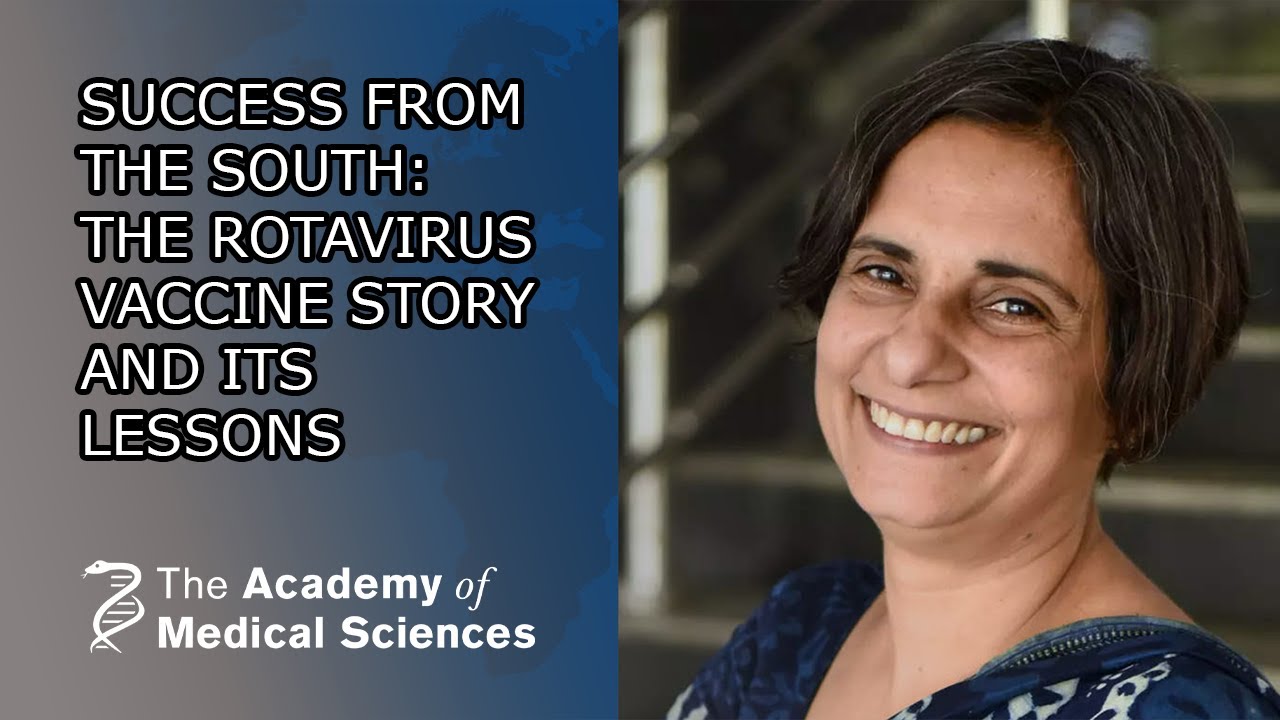acmedsci published this video item, entitled “Why is drug discovery so complex? I Professor Chun-wa Chung FMedSci on the Molecular Mode of Action” – below is their description.
Professor Chun-wa Chung FMedSci talks about why an early insight into the optimal Molecular Mode of Action (MMOA) allows us to hone and speed up our search for new medicines.
Choosing the right therapeutic target is really important in drug discovery but also very difficult. However, it is not enough to choose the right target in order to determine the exact molecule needed to restore normal function. Professor Chung uses the analogy that identifying the defective component may not be sufficient to repair a machine, especially if you can’t repair the part.
We also need to understand the Molecular Mode of Action (MMOA) to find out which part of the protein molecule a drug needs to bind to, whether this binding needs to inhibit or activate protein function, and whether there are other functions relevant to what we want the drug to do.
This talk was part of the event “Talks from new Fellows 2022”.
Professor Chun-wa Chung FMedSci is Senior Director of Structural and Biophysical Science at GlaxoSmithKline. Drug discovery starts with good lead compounds. As an internationally recognised expert in her field Professor Chung pioneered many of the integrated biophysical and structural approaches for hit confirmation and fragment-based drug discovery now firmly embedded within medicinal sciences throughout industry and academia. Her broad impact has been recognised by an extensive publication record, her status as committee member of the European Laboratory Research & Innovation Group, and frequently chairing and speaking at international meetings.
Find out more about Professor Chung: https://acmedsci.ac.uk/fellows/fellows-directory/ordinary-fellows/fellow/Chun-Wa-Chung-0033z00002qIMV6AAO
—
The Academy of Medical Sciences is the independent, expert voice of biomedical and health research in the UK. Our Fellowship comprises the most influential scientists in the UK and worldwide, drawn from the NHS, academia, industry, and the public service. Our mission is to improve the health of people everywhere by creating an open and progressive research sector. We do this by working with patients and the public to influence policy and biomedical practice, strengthening UK biomedical and health research, supporting the next generation of researchers through funding and career development opportunities, and working with partners globally.
Find the Academy of Medical Sciences online:
Website: http://acmedsci.ac.uk/
Twitter: http://twitter.com/AcMedSci
Facebook: http://www.facebook.com/acmedsci
Instagram: http://www.instagram.com/acmedsci/
acmedsci YouTube Channel
Got a comment? Leave your thoughts in the comments section, below. Please note comments are moderated before publication.
